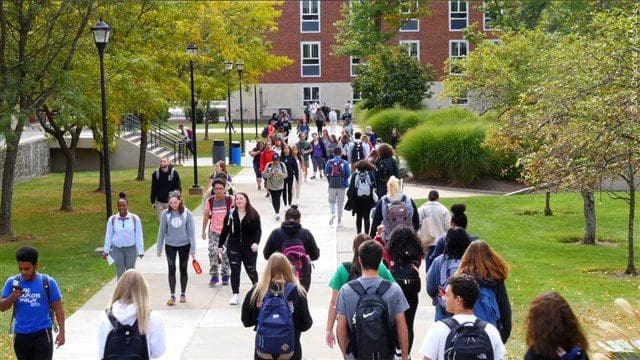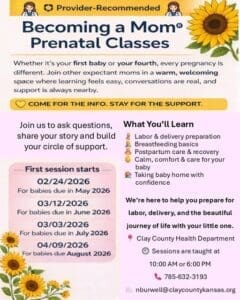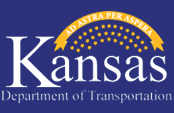By Pat Melgares, K-State Research and Extension news service
Manhattan, KS— All those company managers who believe they have enough people and time to do all they want to do, please step forward.
Still waiting…
In fact, Tim Peterson has yet to find a company that believes it has enough help in the workplace. Peterson, a senior project director with the Kanas Board of Regents, says the Kansas Micro-Internship program is an effective way to fill the void.
“There is a lot of emphasis today in work-based learning, and so the state of Kansas is pushing apprenticeship programs,” Peterson said. “Many students, particularly from under-represented groups, have little — if any — opportunity to do a traditional internship.”
Peterson was the featured speaker during the Oct. 7 First Friday e-Call, a monthly online series hosted by K-State Research and Extension that helps to nurture small businesses and inspire entrepreneurship in Kansas. The online discussions, which routinely host dozens of Kansas citizens from the public and private sectors, are available free each month.
The Kansas Micro-Internship program is a joint effort between the DeBruce Foundation of Kansas City, the Kansas Board of Regents and the Kansas Department of Commerce.
The program provides opportunities for Kansas-based companies, non-profit organizations and entrepreneurs to connect with college students who complete requests for short, paid professional projects.
For employers, the first two projects they hire are free – up to $500, according to Peterson.
Peterson cited data indicating that students who have received paid internships receive 30% more job offers than those with unpaid internships – and 70% more job offers than those with no internships.
“This will change the playing field for many students, particularly community college students and students from rural areas,” Peterson said.
Additional data indicates that Kansas jobs are up 9.6% in May 2022 from April 2020, an increase of about 121,800 jobs, according to Peterson. A trio of companies coming to Kansas – Novacoast in Wichita, Scorpion Biological Services in Manhattan, and Panasonic Energy in DeSoto – will boost that total by 4,500.
KMI is the only state-sponsored micro-internship program in the United States, Peterson said, noting it is part of the Kansas Board of Regents strategic plan. As of early October, there are 959 Kansas students and 102 employers registered.
Companies can list projects they need help with on the program’s website, KansasMicroInterns.com. Students can visit the site to register and pick from the listing of jobs available, most of which are completed remotely and pay an average $15-$20 per hour.
KMI has been available to Kansas companies and college students since February, 2021. Peterson said the feedback from students and employers has been primarily positive; in fact, employers report 98% satisfaction with the work they received from student interns.
Peterson’s full talk and other First Friday presentations are available online from K-State Research and Extension.













